Muscle Cramps in Pregnancy
Nutrition and movement both play a key part in helping your mind and body adjust to pregnancy. Practising yoga, for example, can reduce stress and anxiety as well as help with muscular aches and pains. In much the same way, nutrition can assist with many common pregnancy ailments, such as low energy, heartburn and constipation. For the purpose of this blog, I shall be delving into the joy that is muscle cramps as this seems to be a recurring and frustrating issue that many are affected by throughout their pregnancy.
Cramps happen when a muscle suddenly shortens and becomes tight (spasms) and can last anywhere from a few seconds up to 10 minutes. It is not known why cramps are so common in pregnancy but research centres around:
- Electrolyte imbalances (salts and minerals found in the blood which affect nerve impulses and muscle contraction)
- Vitamin deficiencies
- Dehydration
- Too little / too much exercise
It is therefore recommended to address one or more of these as a way to prevent muscle cramps.
In terms of mineral imbalances, the majority of research conducted is around calcium and magnesium deficiencies as they are both essential nutrients for muscle contraction. Supplementation of these nutrients has not proven to be conclusive in preventing muscle cramps, however, you might find that introducing some of these foods into your diet on a regular basis helps you.
Sources of calcium include:
- milk, cheese and other dairy foods
- green leafy vegetables (e.g. broccoli, cabbage and okra)
- soya beans
- tofu
- fortified soya drinks
- nuts and seeds
- bread and anything made with fortified flour
- fish where you eat the bones – such as sardines and pilchards
Sources of magnesium include:
- green leafy vegetables (e.g. spinach)
- nuts
- brown rice
- bread (especially wholegrain)
- fish
- meat
- dairy foods
In addition, vitamin D helps regulate levels of calcium within the body while vitamin C helps to keep blood vessels healthy.
The body creates vitamin D when the skin is exposed to direct sunlight, however, in winter months this can be difficult to achieve and the NHS suggests supplementing with 10 micrograms (μg) per day.
If you wish to top-up your vitamin D levels using food sources, you can include:
- oily fish (e.g. salmon, sardines, herring, anchovies and mackerel)
- red meat
- liver
- egg yolks
- fortified foods – such as most fat spreads and some bread and breakfast cereals
Vitamin C can be found in a wide variety of fruit and vegetables; some of the best sources are:
- oranges and orange juice
- red and green peppers
- strawberries
- blackcurrants
- broccoli
- brussels sprouts
- potatoes
Dehydration is also a key factor in muscle cramps as water helps to keep your blood flowing. If we become dehydrated, our blood becomes thicker and more sluggish which can prevent those key vitamins and minerals flowing around the body. It also means that our heart and blood vessels have to work harder to pump blood around the body which can contribute to muscle cramps as well as heart palpitations (and remember that while pregnant, your body is already working extra hard to cope with increased blood flow and the added pressure of baby weight, both of which impact on your circulation).
The best way to check your hydration levels is by looking at your urine. If it is relatively clear or pale yellow in colour then you are adequately hydrated. If it is a dark yellow, you should aim to drink more water. It is recommended that adults drink 1.5 – 2 litres (6-8 tall glasses) of water every day.
If you are struggling to get much movement in your daily life (let’s face it, most of us are stuck behind a desk for the majority of the time) then you could incorporate these regular, gentle exercises three times per day to prevent cramps occurring and help ease symptoms when they do happen:
- Bend and stretch the foot vigorously up and down 30 times.
- Rotate the foot eight times one way and eight times the other way and repeat with other foot.
- Pull the toes hard up towards the ankle or rub the muscle hard.
A few other ideas which may help you:
- Keep bedding loose so that your feet and legs have space to move around.
- Raise your feet, by propping them up on a pillow, and try not to have your toes pointing down.
- Some people find that soaking in a warm bath before bed helps their muscles relax (adding magnesium salts to the water may be extra helpful).
So, there are many useful ways in which nutrition can assist with those pesky muscle cramps and the good news is that they should disappear as soon as your baby arrives. However, don’t forget that movement also helps so try to move around throughout the day, even if it’s just to walk to the kitchen to make a cup of tea, and if you’re experiencing muscle cramps in the night it often helps to get up and take a walk to the bathroom (after all, I’m sure you’ll need the loo anyway!)
One final thing to note: very occasionally, leg cramps can be a sign of something more sinister. In one or two in 1,000 pregnancies, a blood clot can develop and lodge in the leg vein and that will need treatment straight away. If you are getting cramps very regularly, they last longer than 10 minutes or you can see some swelling or tenderness in your leg, contact your GP immediately.
REFERENCES
Baby Centre (2017) Leg cramps in pregnancy.
Available at: https://www.babycentre.co.uk/a250/leg-cramps-in-pregnancy
(Accessed: 4 February 2020).
Mayo Clinic (2019) What causes leg cramps during pregnancy, and can they be prevented?
Available at: https://www.mayoclinic.org/healthy-lifestyle/pregnancy-week-by-week/expert-answers/leg-cramps-during-pregnancy/faq-20057766
(Accessed: 4 February 2020).
NCT (2018) Leg cramps during pregnancy.
Available at: https://www.nct.org.uk/pregnancy/worries-and-discomforts/common-discomforts/leg-cramps-during-pregnancy
(Accessed: 4 February 2020).
NHS (2017) Calcium.
Available at: https://www.nhs.uk/conditions/vitamins-and-minerals/calcium/
(Accessed: 4 February 2020).
NHS (2017) Leg cramps.
Available at: https://www.nhs.uk/conditions/leg-cramps/
(Accessed: 4 February 2020).
NHS (2017) Others: Vitamins and Minerals.
Available at: https://www.nhs.uk/conditions/vitamins-and-minerals/others/
(Accessed: 4 February 2020).
NHS (2017) Vitamin C.
Available at: https://www.nhs.uk/conditions/vitamins-and-minerals/vitamin-c/
(Accessed: 4 February 2020).
NHS (2017) Vitamin D.
Available at: https://www.nhs.uk/conditions/vitamins-and-minerals/vitamin-d/
(Accessed: 4 February 2020).
NHS (2018) Electrolyte Test.
Available at: https://www.nhs.uk/conditions/electrolyte-test/
(Accessed: 5 February 2020).
Young G. (2015) ‘Leg cramps’, BMJ clinical evidence. PMID: 25970567; PMCID: PMC4429847.
Zhou, K. et al. (2015) ‘Interventions for leg cramps in pregnancy’, Cochrane Database of Systematic Reviews. doi: 10.1002/14651858.CD010655.pub2.

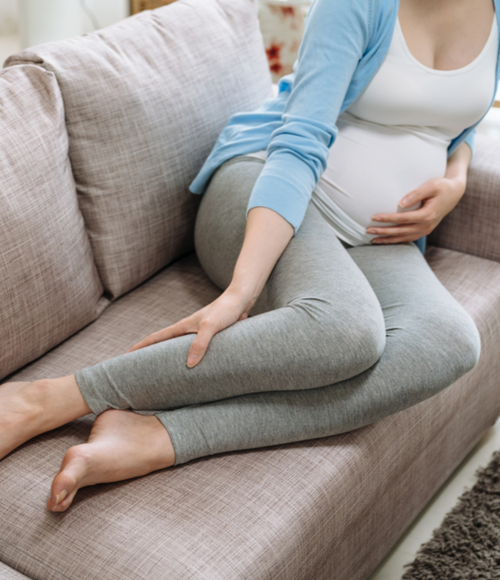
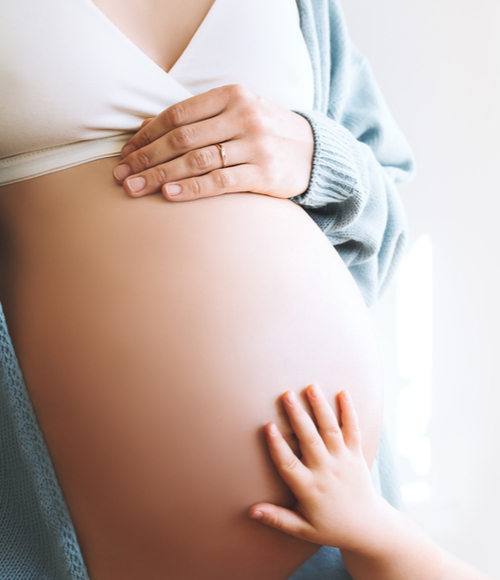
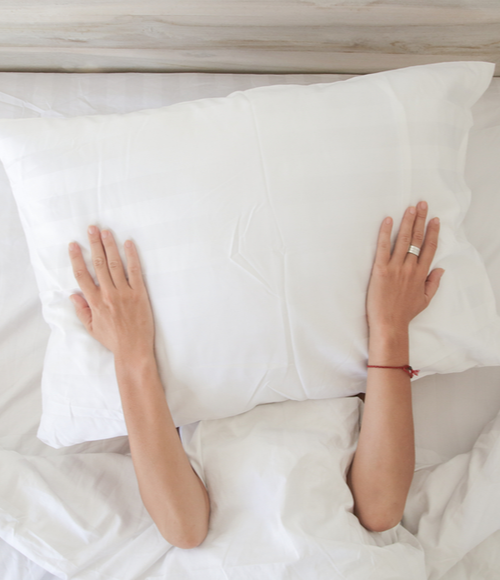
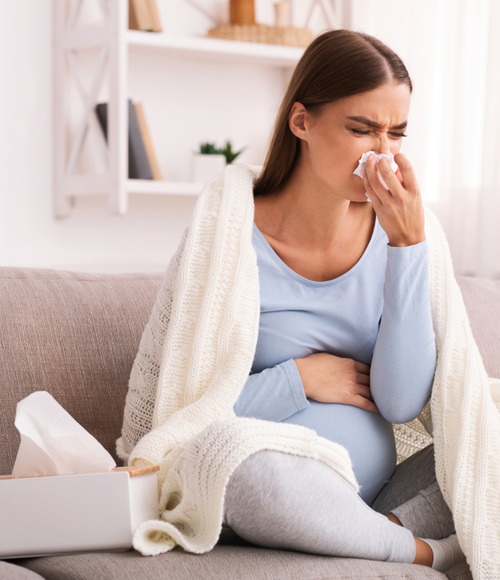
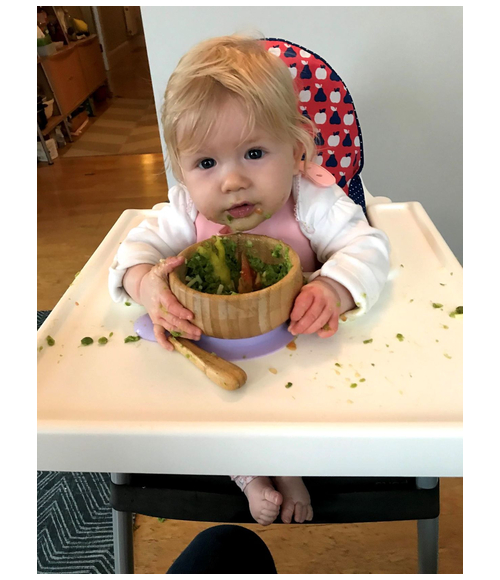
cheap androxal australia over the counter
buy cheap androxal generic canada
online order enclomiphene retail price
online order enclomiphene cheap sale
purchase rifaximin spain over the counter
rifaximin feminino onde comprar
cheapest buy xifaxan cheap genuine
get xifaxan usa sales
cheap staxyn cheap online in the uk
buy cheap staxyn american pharmacy
purchase avodart purchase tablets
cheapest buy avodart without prescriptions canada
cheapest buy dutasteride generic from canadian pharmacy
buying dutasteride uk no prescription
ordering flexeril cyclobenzaprine buy san francisco
Online flexeril cyclobenzaprine and fedex
how to buy gabapentin buy in australia
buying gabapentin uk buy cheap
discount fildena american express canada
get fildena canada internet
ordering itraconazole online mastercard accepted
buying itraconazole buy dallas
comprar kamagra sin receta medica se puede comprar
comprar kamagra en usa
commander kamagra en ligne canada
acheter kamagra sans ordonnance pilule contraceptive